15 Things to Consider Before Taking Out a Home Equity Loan

15 Things to Consider Before Taking Out a Home Equity Loan
A home equity loan is a popular way to borrow, but you need to know the details
Many homeowners tap into the equity in their properties by taking out a home equity loan. There are benefits to this type of borrowing, including that it can be more affordable than many other loans. But there are downsides, too. If you're considering a home equity loan, here are 15 big things to consider before you act.
5 Stocks Under $49
Presented by Motley Fool Stock Advisor
We hear it over and over from investors, "I wish I had bought Amazon or Netflix when they were first recommended by The Motley Fool. I'd be sitting on a gold mine!" It's true, but we think these 5 other stocks are screaming buys. And you can buy them now for less than $49 a share! Click here to learn how you can grab a copy of "5 Growth Stocks Under $49" for FREE for a limited time only.
Previous
Next

1. Home equity loans may have lower rates than many other debt types
Home equity loans are generally one of the more affordable types of debt. They typically have lower interest rates than credit cards and personal loans. That can make them a great option when you really need to borrow.
Previous
Next
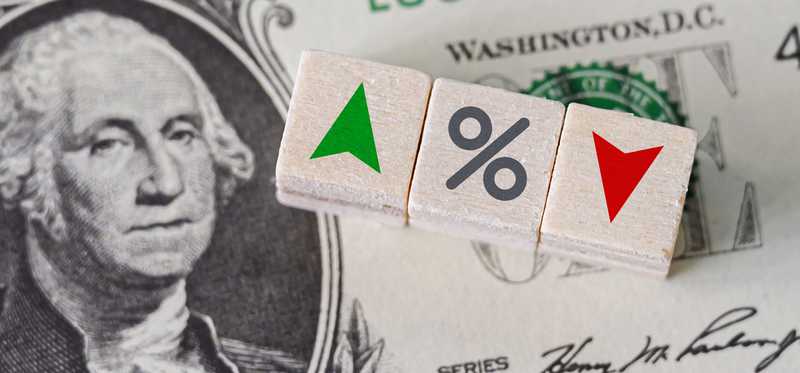
2. The rate will generally be higher than on a first mortgage
Although home equity loans have lower rates than most types of debt, they will have higher annual percentage rates (APRs) than your primary mortgage. That's because they are secondary loans, with the primary mortgage holder having the first claim on the property if you don't pay. That doesn't mean home equity loans aren't a good deal -- just don't expect the same rock-bottom rates.
Previous
Next
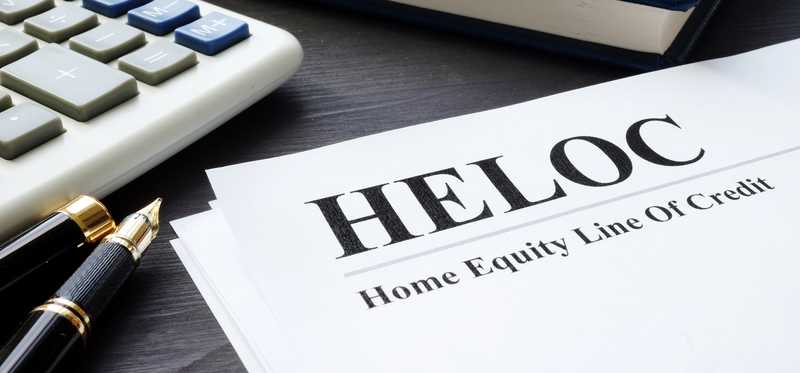
3. There are different ways to tap into your equity
If you're hoping to tap into home equity, you should explore all your options. One way is through home equity loans, which provide a lump sum amount you access up front and begin paying back.
A home equity line of credit (HELOC) is another choice. They are a type of revolving credit, like credit cards, and enable you to borrow up to a certain amount. You can borrow as much as you want over time, pay back the loan, and borrow again.
Previous
Next
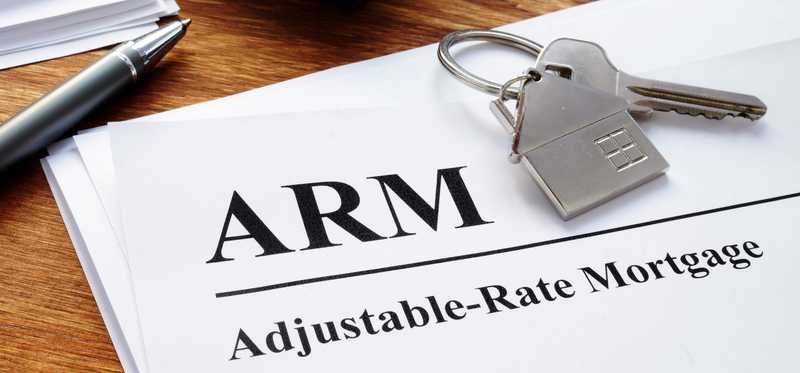
4. You may have a choice of a fixed- or variable-rate loan
When you get a home equity loan, lenders may offer a choice between a fixed or variable rate. Fixed-rate loans have the same interest rate and payments for the life of the loan. Variable-rate loans can change and become more expensive. Many people are better off sticking to fixed-rate loans so they don't risk their payments rising.
Previous
Next

5. There are up-front closing costs to pay
When you get a home equity loan, you typically have up-front fees to pay your mortgage lender. You can sometimes borrow for these fees, but that leaves you paying interest on them. So you should be aware that you may need to come up with cash up front or prepare to pay a little more for your loan over time.
5 Stocks Under $49
Presented by Motley Fool Stock Advisor
We hear it over and over from investors, "I wish I had bought Amazon or Netflix when they were first recommended by The Motley Fool. I'd be sitting on a gold mine!" It's true, but we think these 5 other stocks are screaming buys. And you can buy them now for less than $49 a share! Click here to learn how you can grab a copy of "5 Growth Stocks Under $49" for FREE for a limited time only.
Previous
Next

6. The application process may take a long time
Getting a home equity loan approved can take weeks and require a lot of financial paperwork. It can be much harder and take more time than getting a credit card or personal loan.
So if you know you want to borrow this way, you should act early, before you need the funds, and start getting your documents in place ASAP.
Previous
Next

7. You'll have to meet your lender's loan-to-value requirements
Your home guarantees the home equity loan, so lenders won't allow you to borrow an unlimited amount. Many lenders limit total loans against your home to between 80% and 90% of what your home is worth. That includes your first mortgage. So if you already owe 90% of your home's current value on your existing mortgage, you may not get approved for a home equity loan.
Previous
Next
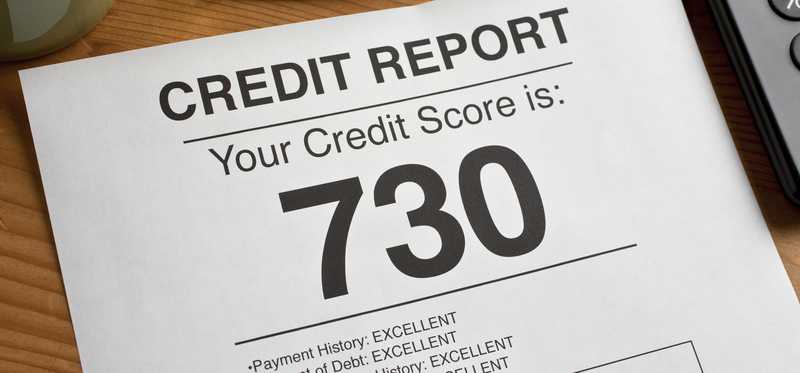
8. Your credit score will affect your loan rate
Your credit score will impact your eligibility for a home equity loan and affect your rate. If you do not have a good credit score, you may want to work on improving it before you apply for a home equity loan.
Previous
Next

9. Your debt-to-income ratio can impact eligibility
Lenders will look at your current debt relative to your income when deciding whether you're eligible for a home equity loan. When your debt-to-income ratio (including the new home equity loan) is too high, you may be turned down or have to pay more interest. If that's the case, you should consider paying off some debt before applying.
Previous
Next

10. You may have to have your home appraised
Lenders want to know what your home is worth when you apply for a home equity loan. That way, they can ensure you don't borrow more than the house is worth under current market conditions. In some cases, lenders will require you to have an appraisal -- which you pay for -- before they give you a loan.
5 Stocks Under $49
Presented by Motley Fool Stock Advisor
We hear it over and over from investors, "I wish I had bought Amazon or Netflix when they were first recommended by The Motley Fool. I'd be sitting on a gold mine!" It's true, but we think these 5 other stocks are screaming buys. And you can buy them now for less than $49 a share! Click here to learn how you can grab a copy of "5 Growth Stocks Under $49" for FREE for a limited time only.
Previous
Next

11. Your house will act as collateral for the loan
A home equity loan is a secured loan, and your house acts as collateral. This means you put your house on the line. If you cannot pay your home equity loan back, you could be foreclosed on. You should really think carefully about this risk when deciding whether taking out a home equity loan is worth it.
ALSO READ: Secured vs. Unsecured Loans: What's the Difference?
Previous
Next

12. You could risk ending up underwater on your mortgage
Taking too much equity out of your home could be a big problem. You could end up owing more than your home is worth. In that situation, selling your home or refinancing your loans would be more difficult. You'd have to come up with the extra cash you owe your lender.
You should be aware of this risk, especially if you'll be borrowing close to your home's current worth. Property values could fall at any time, and it's nice to have a lot of equity in the house, if possible, so you don't have to worry about ending up underwater.
Previous
Next

13. Your primary mortgage typically won't be impacted
Taking out a home equity loan will not affect your primary mortgage. Your mortgage lender does not have to agree. And your rate will not change.
If you want to tap into equity and change your current mortgage terms, you should consider a cash-out refinance loan instead. This type of loan involves refinancing your existing loan and borrowing more than you currently owe when you do it.
Previous
Next

14. You should shop around with different lenders
Home equity loan rates and terms vary from lender to lender. You should get multiple quotes before borrowing. Contacting multiple vendors can ensure you get the most affordable loan and don't pay more than necessary.
Previous
Next

15. You'll have separate monthly payments and payoff timelines
Finally, you should know your new home equity loan will have a separate monthly payment, distinct from your current mortgage. You'll need to remember to make both payments. Your home equity loan also may have a different payoff time from your current mortgage.
5 Stocks Under $49
Presented by Motley Fool Stock Advisor
We hear it over and over from investors, "I wish I had bought Amazon or Netflix when they were first recommended by The Motley Fool. I'd be sitting on a gold mine!" It's true, but we think these 5 other stocks are screaming buys. And you can buy them now for less than $49 a share! Click here to learn how you can grab a copy of "5 Growth Stocks Under $49" for FREE for a limited time only.
Previous
Next
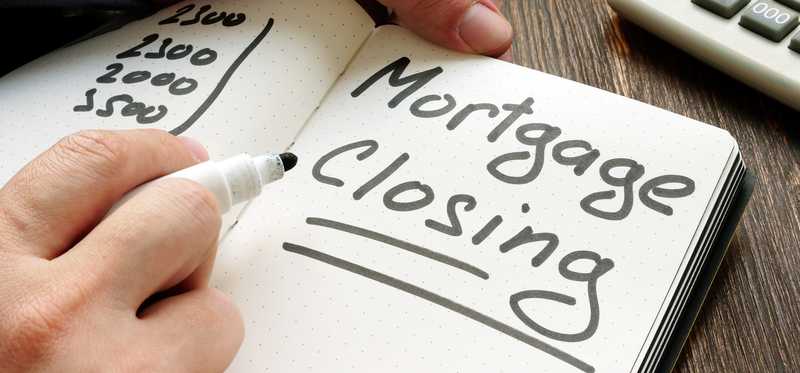
Now you can make an informed choice about whether a home equity loan is right for you
Armed with this information, you can make an informed choice about whether to take out a home equity loan. You may decide borrowing at this low rate is worth it. But you also could conclude that putting your home in jeopardy isn't.
Ultimately, the right choice about whether to take out a home equity loan will vary depending on the details of your financial situation and your future goals.
The Motley Fool has a disclosure policy.
Previous
Next
Invest Smarter with The Motley Fool
Join Over Half a Million Premium Members Receiving…
- New Stock Picks Each Month
- Detailed Analysis of Companies
- Model Portfolios
- Live Streaming During Market Hours
- And Much More
READ MORE
HOW THE MOTLEY FOOL CAN HELP YOU
-
Premium Investing Guidance
Market beating stocks from our award-winning service
-
The Daily Upside Newsletter
Investment news and high-quality insights delivered straight to your inbox
-
Get Started Investing
You can do it. Successful investing in just a few steps
-
Win at Retirement
Secrets and strategies for the post-work life you want.
-
Find a Broker
Find the right brokerage account for you.
-
Listen to our Podcasts
Hear our experts take on stocks, the market, and how to invest.
Premium Investing Services
Invest better with The Motley Fool. Get stock recommendations, portfolio guidance, and more from The Motley Fool's premium services.